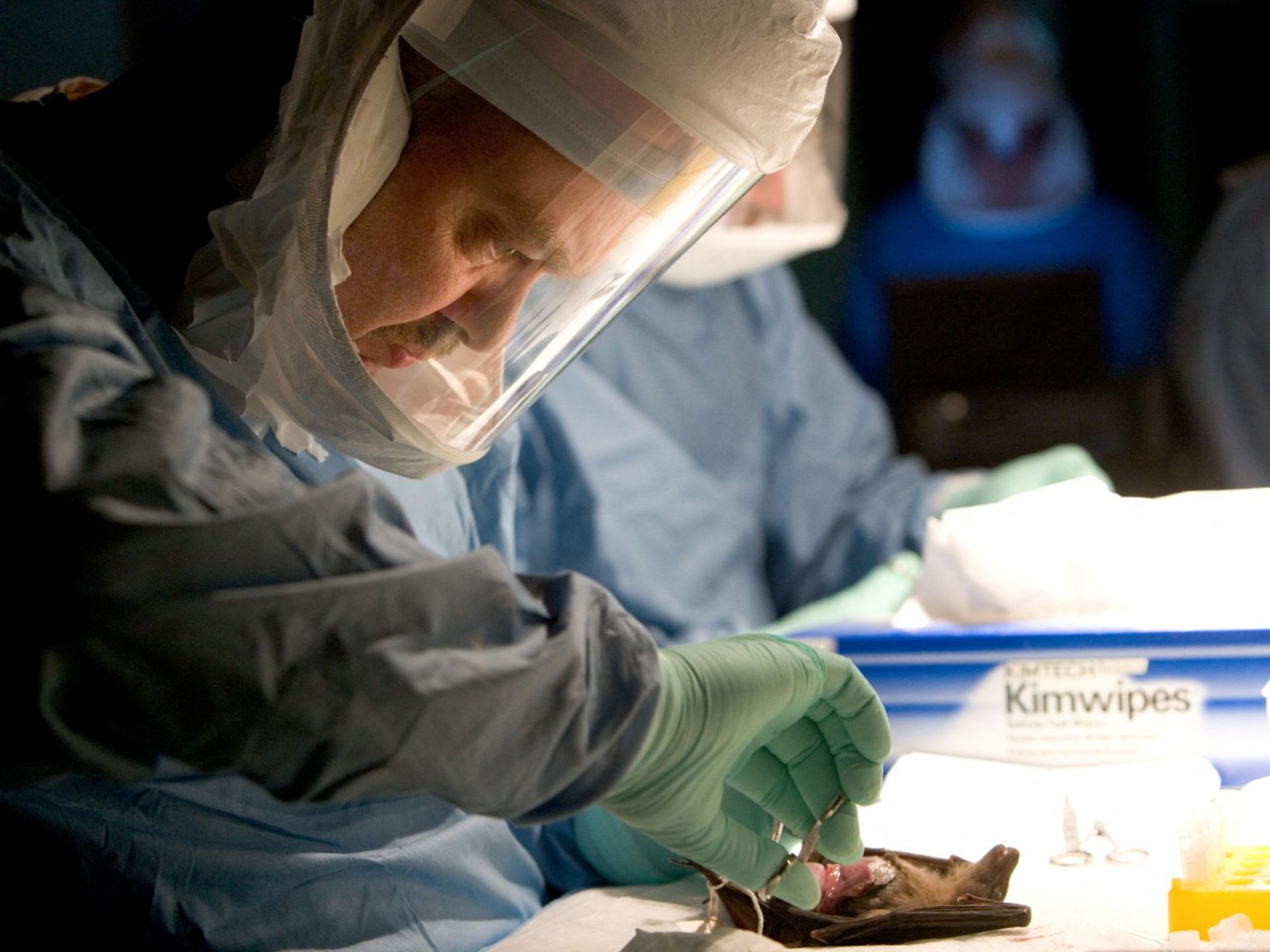In response to an outbreak of the Marburg virus in Rwanda, the government has announced that it will be prioritizing those who are most at risk and most exposed to the disease for vaccination. Health Minister Sabin Nsanzimana stated that the vaccination campaign has already begun, with a focus on healthcare workers, close contacts of confirmed cases, and individuals working in treatment centers and hospitals. The minister emphasized the importance of vaccination in stopping the spread of the virus, noting that Rwanda has already received vaccine shipments from the Sabin Vaccine Institute.
Since the outbreak was declared on September 27, 12 people in Rwanda have died from the Marburg virus. The source of the outbreak has not been confirmed, but health authorities have identified 46 confirmed cases with 29 of them in isolation. At least 400 individuals who had contact with confirmed cases have been identified and are being monitored. The Marburg virus, which is similar to Ebola, is believed to originate in fruit bats and spreads through close contact with the bodily fluids of infected individuals or contaminated surfaces. The disease can be fatal in up to 88 percent of those who become ill, with symptoms including fever, muscle pains, diarrhoea, vomiting, and severe blood loss.
Currently, there is no authorized vaccine or specific treatment for the Marburg virus, making prevention through vaccination a critical step in containing the outbreak. Previous Marburg outbreaks and isolated cases have been reported in countries such as Tanzania, Equatorial Guinea, Angola, the Democratic Republic of the Congo, Kenya, South Africa, Uganda, and Ghana. The World Health Organization has been monitoring the situation in Rwanda and providing support to the government in its efforts to control the spread of the virus. Rwanda’s proactive response to the outbreak, including the rapid implementation of vaccination campaigns, demonstrates the government’s commitment to protecting its population and preventing further loss of life.
The government’s decision to prioritize healthcare workers and close contacts of confirmed cases for vaccination reflects an understanding of the importance of protecting those who are most exposed to the virus. By focusing on individuals working in treatment centers, hospitals, and other high-risk environments, Rwanda aims to prevent further transmission of the disease within the healthcare system and the broader community. The country’s collaboration with international partners such as the Sabin Vaccine Institute and the World Health Organization underscores the global effort to address emerging infectious diseases and safeguard public health.
The Marburg virus outbreak in Rwanda serves as a reminder of the ongoing threat posed by emerging infectious diseases and the need for strong public health infrastructure to respond effectively to such events. The government’s swift and coordinated response to the outbreak, including the implementation of vaccination campaigns and contact tracing efforts, highlights the importance of preparedness and collaboration in combating outbreaks of highly contagious diseases. As the situation continues to evolve, ongoing surveillance, monitoring, and support from the international community will be crucial in containing the outbreak and preventing further spread of the Marburg virus in Rwanda and beyond.













